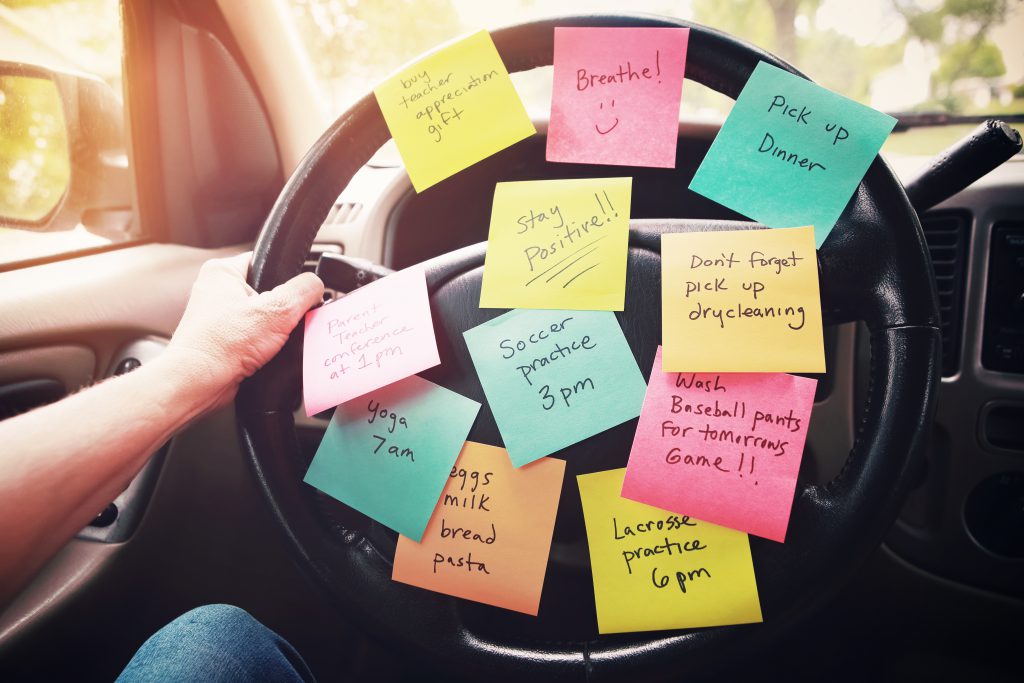The ability to multitask has become a badge of honor in our society. With the idea that we can “have it all” if we can “do it all,” we push ourselves to take on an ever-increasing number of responsibilities and often find our stress levels increasing as well.
Our children feel pushed to do as much as possible as well. Kids do what they see the adults around them doing, and their schedules are filling up. If rates of childhood anxiety disorders are any indication, our children are stressed — really stressed. Thirteen kids out of a hundred in the United States meet the criteria for an anxiety disorder, meaning that their stress is so severe it causes significant harm to their emotional lives, their school work or their relationships with others.
Anxiety might show itself as irritability, anger problems, inattention (anxiety disorders are two to three times more common than ADHD), restlessness or physical symptoms such as headache or stomachache. Why are our kids pushing themselves to (and past) their limits? The answer: They learned it from us. If you feel your child might be overscheduled (and overstressed), here are some tips that could help take the pressure off:
1. Set some family priorities. Kids still learn best from mom and dad, so you will need to decide what comes first in your family’s schedule, and stick to it. Mass and family prayer time should be high on the list. Many families also have a particular night of the week that is reserved for family time (dinner, board games, etc.). If you choose this strategy, don’t let tasks from work, household chores or other responsibilities intrude. Learn to say no, and your kids will learn to do the same.
2. Encourage your child to choose one (for elementary-aged children) or two (for older kids) extracurricular activities in which he or she is especially interested or talented. Parents need not feel guilty for not allowing their children to pursue their every interest. Learning to invest one’s energy wisely, to focus and excel at a chosen task is a much more valuable lesson than anything we could learn by trying everything.
3. If your child’s school performance is declining, or if he or she shows other signs of stress, be especially firm about simplifying the schedule. Give your child some choices about how to do this. For example, you might say, “I’m noticing that you’re trying to do too much. It’s time to drop one activity so you can have some time to rest and enjoy the other things you do. What are the things you enjoy most, and what will hurt the least to give up right now?” Children might feel pressure to remain in an activity to avoid letting others down — for example, “What will the coach say?” If this is the case, offer to decide for them if they need you to, and offer to be the scapegoat when your child explains to others what is happening.
It’s time for families to recapture “downtime” together. What good is all the “doing” and “working” if we forget what (or who) we’re working for? When work and other commitments become burdens that take us away from loved ones, or when extra “fun” activities feel more like work than play to our kids, it’s time to take action. The greatest gift a parent can give their child is time together. Isn’t that nice to remember?



